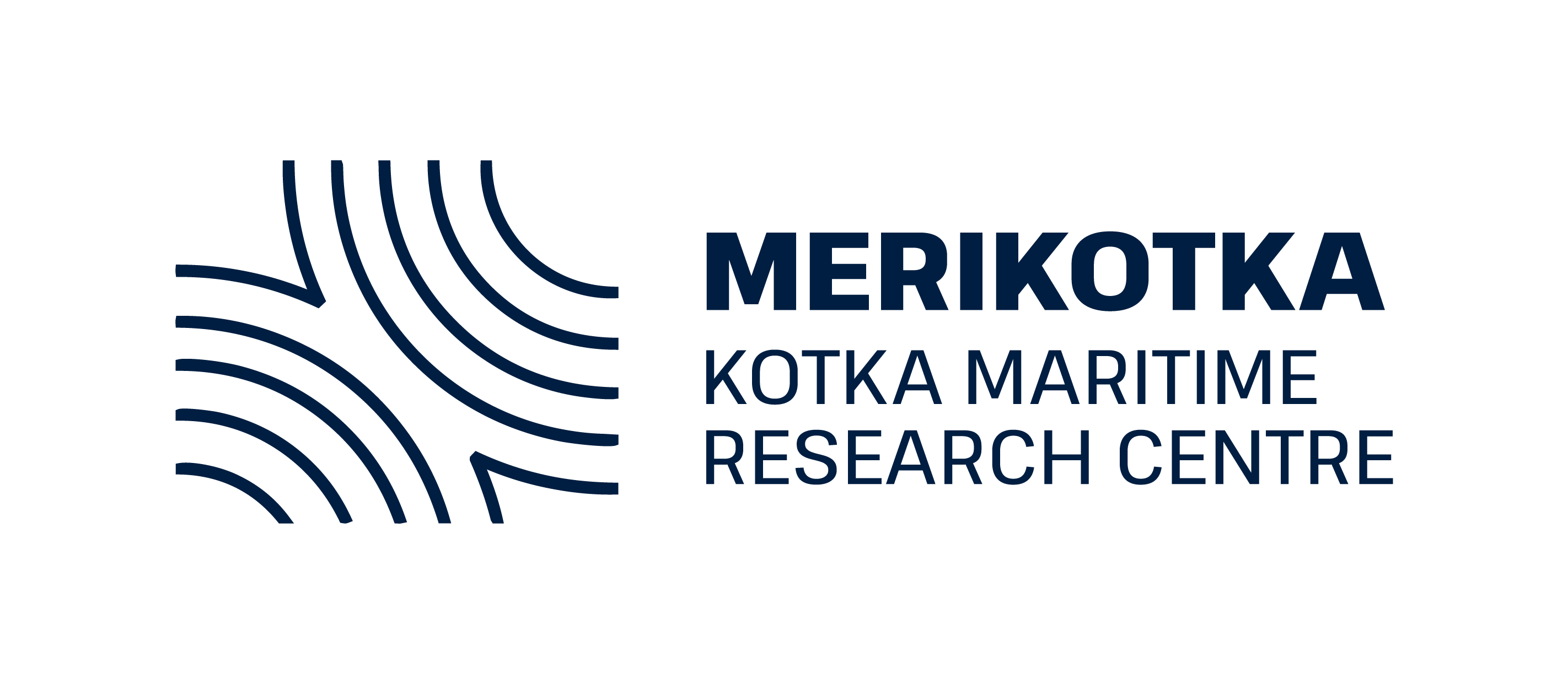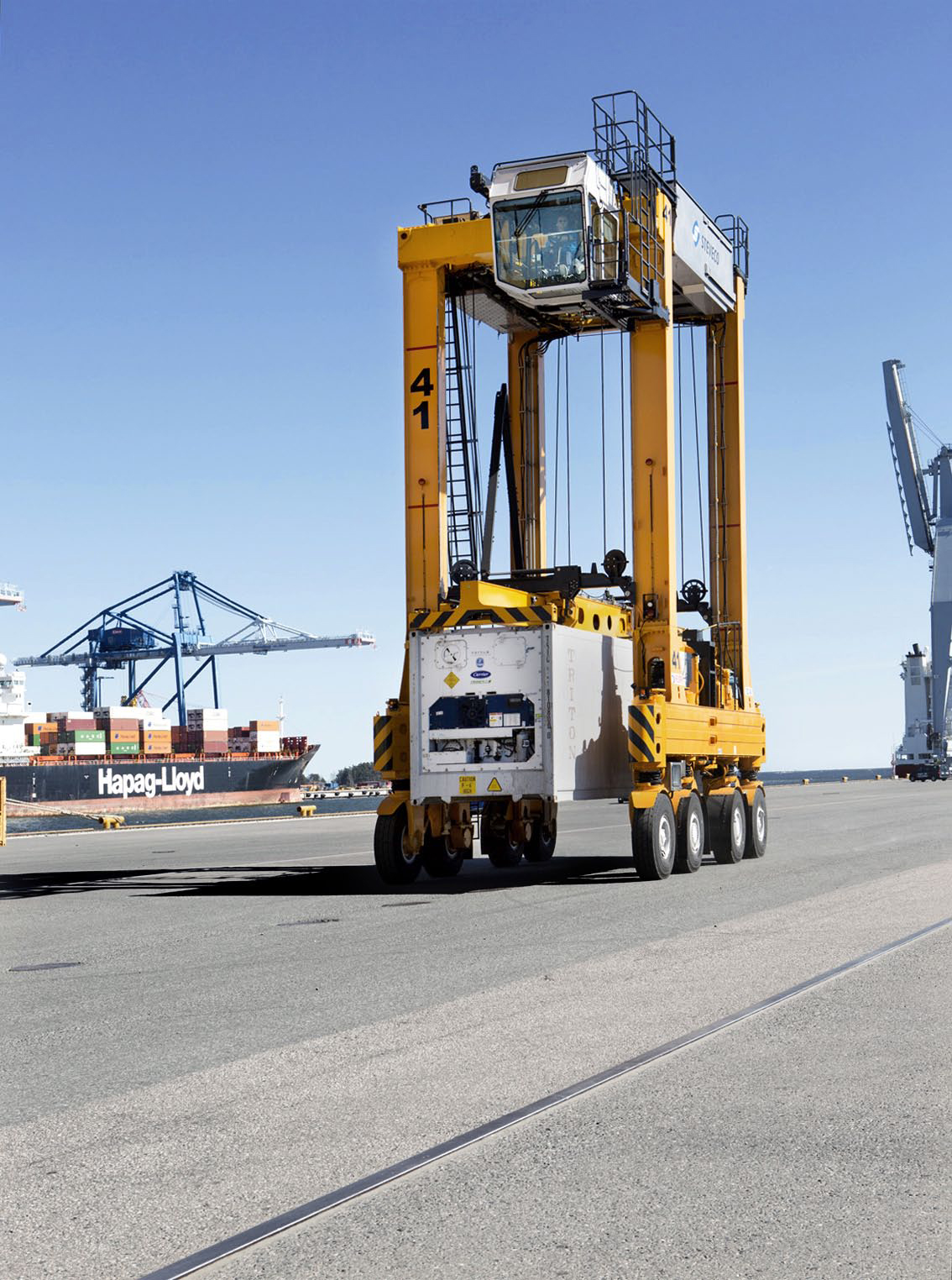The Naantali Boat Show saw the organisation of the inaugural Saaristo Areena event on 26 and 27 May, which discussed archipelago and coastal tourism as well as boating safety. 30MILES participated with its own stand and a panel discussion on securing a clean archipelago.
Year: 2018
30MILES introduces new tool for port design
The 30MILES project, whose aim is to develop coastal tourism, is introducing a new tool for the design of marinas on 23 May. The tool, developed by environmental scientists at the University of Helsinki, offers help with investment planning.
– This new model helps port designers identify the factors that most effectively increase customer satisfaction, says researcher Annukka Lehikoinen, who is one of the application’s developers.
Her working group will present the application at the 30MILES final seminar, where participants will have the opportunity to test different versions of then tool and influence the final phase of its development. The two-day final seminar’s second day will focus on the project’s other achievements.
For more information, contact Tarja Javanainen at tarja.javainen@merikotka.fi.
30 MILES is an EU-funded project whose aim is to develop water tourism. The three-year project aims to create a safe marina network with attractive services in the eastern part of the Gulf of Finland.
Digitalisation and data as solutions to ports’ problems?
The DigiPort project organised two seminar and workshop events in Kotka and Turku. The former was held on 13 March in office centre Merituuli’s Logistics Workshop, in the Mussalo port. In Turku we gathered on 15 March at the Auriga Business Centre, located on the Aboa Mare premises.
– The events exceeded expectations, with the venues for both fully booked. We had participants from all relevant organisations as well as representatives from public bodies, as we had hoped, said Project Manager Janne Saarikoski from the Kotka Maritime Research Centre.
The programme included presentation on the opportunities afforded to ports by open data by the Information Society Development Centre’s Jari Salo, followed by a workshop whose aim was to identify functional problems faced by the port community and look for solutions based on digitalisation and open data.
The results will now be analysed and utilised as a basis for examining the current state of ports. Identified problems will also be tackled by multidisciplinary student teams at the Hack the Port hackathon event in late winter 2019. Pictures of the event can be found on the Turku University Centre for Maritime Studies website.
30MILES at Boat Shows in Helsinki, Stockholm and Tallinn
In the first months of 2018, 30MILES took part in the Vene 18 Båt, Allt för sjön and Meremess events.
Responsible Maritime Transport
Maritime transport is regulated to a large extent by the International Maritime Organisation (IMO). The current legislative environment is inflexible and out of sync with the complexities and fast pace of the sector.
“Social responsibility can bring flexibility to managing the maritime sector, and give private actors incentives to improve security and environmental practices”, explains Helsinki University researcher Tuuli Parviainen.
In a research project entitled “How can stakeholders promote environmental and social responsibility in the shipping industry”, Parviainen and her colleagues Annukka Lehikoinen, Sakari Kuikka and Päivi Haapasaari are looking for ways to make the sector more responsible.
This requires wide-ranging cooperation among researchers, consumers and organisations.
The research presents new ways to make the sector more responsible. While the maritime sector has traditionally been seen as business-to-business, external actors such as the media, citizens’ organisations consumers and researchers can also demand greater responsibility.
Given that individual actors often wield only meagre influence over shipping companies, the researchers highlight the role of stakeholder alliances in effecting change in the sector. Cooperation among commercial and non-commercial actors is seen as particularly effective in this regard. Citizens’ organisations, consumers and shipping company employees can team up with influential financial backers, insurance companies and public authorities to influence the development of responsible practices and help ensure that these are followed.
Such cooperation can also draw attention to the development of new technologies and highlight central societal questions such as openness, working conditions, equality, and social justice. At best, pressure from a range of actors can even influence legislation and legal reforms.
Improved classification with the help of responsibility certifications
Given that maritime transport is business, responsible ways of operating have to be designed so as to make them commercially interesting. Alongside legislation and the work undertaken by public authorities, new ways to classify actors and procedures must be developed. It is also crucial that awareness of responsibility certifications created to this end extends beyond the maritime sector, as ensuring effective corporate responsibility among shipping companies requires a wide-ranging public discussion, stakeholder participation and political support.
Tuuli Parviainen, Annukka Lehikoinen, Sakari Kuikka and Päivi Haapasaari’s research has been published in the international WMU Journal of Maritime Affairs series of publications.
COMPLETE at ICES WGBOSV and ICES/IOC/IMO WGITMO in Madeira on 5-9 March 2018
5-9 March 2018, Madeira, Portugal: COMPLETE partners participated in the ICES Working Group on Ballast and Other Ship Vectors (WGBOSV) and ICES/IOC/IMO Working Group on Introduction and Transfer of Marine Organisms (WGITMO) and presented and discussed the project at international expert level. The expert group reports can be found here: WGBOSV and WGITMO.







